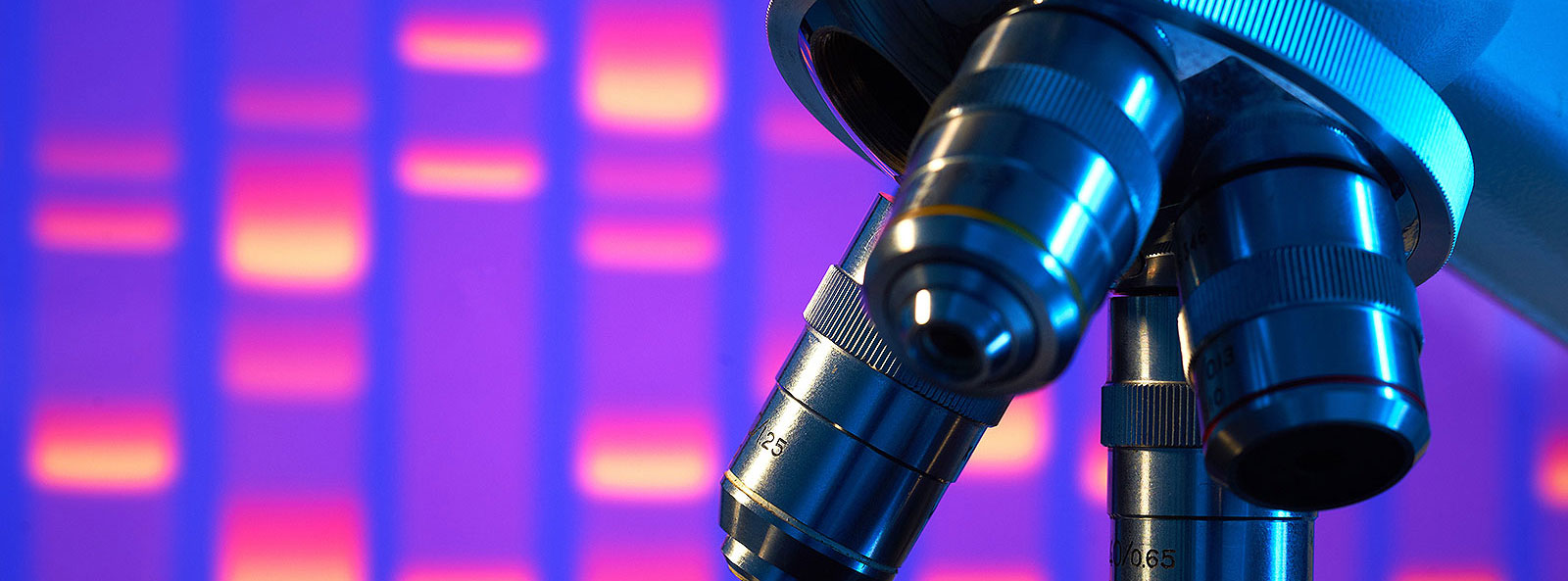
Hydrogen Molecular Therapy
Hydrogen molecular (H2) is the lightest and most abundant element in the atmosphere. Due to its relatively small molecular mass, it rapidly spreads throughout the body, penetrating cell membranes to exert a wide range of biological effects – anti-inflammatory and antioxidant (mitochondrial energy metabolism), immune system regulation, and cellular function (apoptosis, autophagy, and pyroptosis) by neutralizing excessive reactive oxygen species production and regulating nuclear transcription factors. Thanks to its safety and effectiveness profile, molecular hydrogen holds extraordinary clinical potential in the fight against over 100 types of diseases.
Recently, it has proven effective in the COVID-19 pandemic as well. The National Health Commission of China included it in the Chinese Clinical Guidelines (7th edition) for diagnosing and treating COVID-19 pneumonia through the inhalation of O2 mixed with H2 (33.3% O2 and 66.6% H2). This was due to its effects in improving lung function decline, as well as in treating emphysema and acute or chronic lung inflammation, with a safety profile exceeding all other therapies.
Conditions for Use
- Central Nervous System Disorders: Hydrogen molecular penetrates the blood-brain barrier through diffusion and provides therapeutic effects on central nervous system conditions such as reperfusion injury, cerebral hemorrhage, Parkinson's disease, Alzheimer's disease, and neuronal injuries.
- Cardiovascular Diseases: Myocardial infarction, cardiac arrest/resuscitation, heart transplant, cardiac hypertrophy, atherosclerosis, and heart hypertension.
- Hepatobiliary and Pancreatic Diseases: Molecular hydrogen therapy has shown therapeutic effects on hepatitis and various liver injuries, increasing blood antioxidant levels, reducing lipid peroxides, and limiting liver fibrosis. It can address conditions like viral hepatitis, liver damage, liver fibrosis, and pancreatitis.
- Gastrointestinal Diseases: Most gastrointestinal microorganisms have the genetic capacity to encode molecular hydrogen metabolism, allowing it to affect gut microbiota composition. It has shown improvements in conditions like gastric ulcers and intestinal lesions.
- Respiratory Diseases: Acute lung injury, bronchial asthma, chronic obstructive pulmonary disease.
- Urinary System Conditions: Molecular hydrogen's effect is attributed to inhibiting DNA oxidative stress and PPM-1 overexpression. It can be successfully used in kidney injuries and bladder pain.
- Metabolic Syndrome: Obesity, hyperlipidemia, diabetes.
- Reproductive System Conditions: Testicular injuries, erectile dysfunctions, ovarian injuries, eclampsia.
- Sensory System: Improved vision, hearing, smell, touch, and taste.
- Musculoskeletal System Disorders: Rheumatoid arthritis, osteoporosis, muscular dystrophy.
- Hematological Disorders: Acute graft-versus-host disease, chronic graft-versus-host disease, aplastic anemia.
- Infections: Sepsis and sepsis-related complications.
- Neonatal Diseases: Molecular hydrogen administration in pregnant women has shown to alleviate brain injuries caused by neonatal intrauterine ischemia, which can lead to conditions like autism, cerebral palsy, mental retardation, and other neurological and cognitive disorders.
- Cancer: Molecular hydrogen has anti-inflammatory and anti-allergic effects by inhibiting inflammatory cytokines and cell signaling factors, suppressing tumor growth and progression. It has shown therapeutic effects in many diseases caused by free radicals, making it capable of controlling the onset and development of cancer by acting on oxidation and inflammation in the body. Recent studies suggest that molecular hydrogen molecules act directly on tumor cell mitochondria and play a decisive role in tumor annihilation and immune cell revival. Molecular hydrogen therapy has been successfully applied in most cancer types, and it can serve as an adjuvant in classical cancer therapies such as radiotherapy and chemotherapy.
Maintaining Health and Prevention
Modern lifestyle has significantly increased oxidative stress on our bodies, leading to imbalances and poor health conditions. Molecular hydrogen, with its safe and efficient therapeutic effects on diseases, helps cells and organs restore homeostasis, suppress severe environmental interference, and plays a unique role in maintaining overall health.
Fatigue Reduction
Research has shown that consuming hydrogen-rich water blocks the production of lactic acid in the blood, reduces urea nitrogen, reactive oxygen species (ROS), and inflammatory factors, and enhances lactate dehydrogenase and glutathione peroxidase activity. This strengthens endurance capacity and promotes hepatic glycogen synthesis, resulting in anti-fatigue effects.
Quality of Life Improvement
Molecular hydrogen improves the quality of life by actively controlling antioxidant activity, preventing inflammation, and eliminating discomfort.
Anti-Aging
In 2017, researcher Goshal and colleagues from India measured the concentration of molecular hydrogen in the exhaled breath of centenarians to reflect intestinal hydrogen generation. The results showed significantly higher molecular hydrogen concentrations in centenarians compared to healthy control groups and elderly patients with diabetes. The survey suggested that higher levels of molecular hydrogen generated in the intestinal tract could extend the lifespan of older individuals and be associated with diet and gut flora.
Adverse Effects
Molecular hydrogen has no adverse effects and boasts a high level of safety, even when administered in high concentrations.
Administration
Molecular hydrogen can be inhaled through a nebulizer, consumed as hydrogen-rich water, administered through hydrogen baths, or as hydrogen saline injection. The most potent effects are recorded with nebulization, particularly for lung conditions, while hydrogen in water is more effective for stomach-related conditions. At ImunoMedica Clinic, patients can benefit from the most advanced nebulized hydrogen production system, providing three times the hydrogen production compared to all other globally approved systems.
Reference:
- Yan Tian et al. Hydrogen, a Novel Therapeutic Molecule, Regulates Oxidative Stress, Inflammation, and Apoptosis. Front. Physiol., 20 December 2021, Sec. Redox Physiology, https://www.frontiersin.org/articles/10.3389/fphys.2021.789507/full
How can you become a patient of our clinic?
Throughout the whole process, from your initial contact, through treatment and after you leave our clinic, our patient coordinators will guide you through the steps and support you with all their expertise, attention and kindness.
*
We are here to help you
Our patient coordinator will contact you soon
Phone: +40.771.518.946, e-mail: office@imuno-medica.ro




